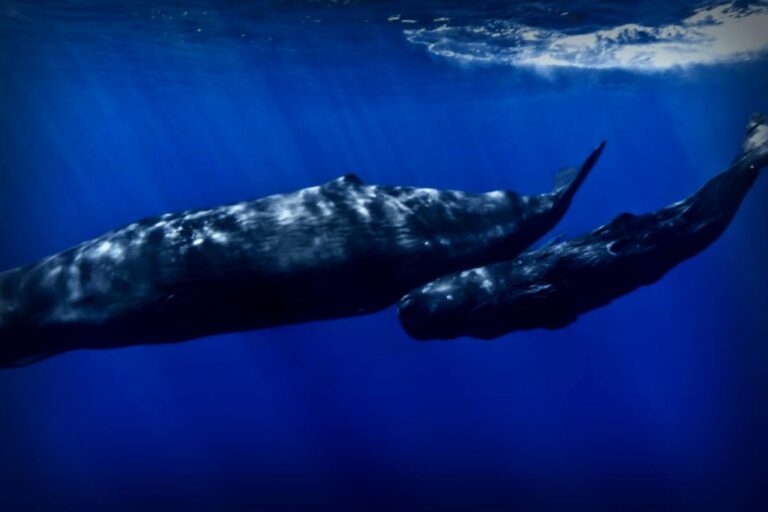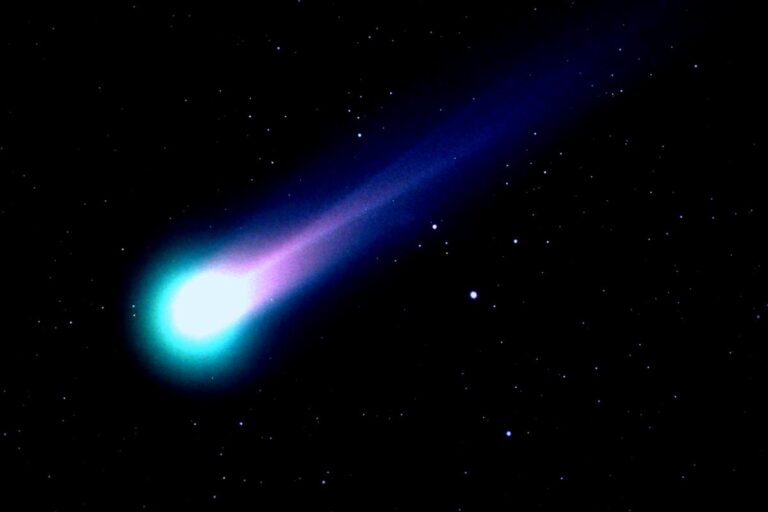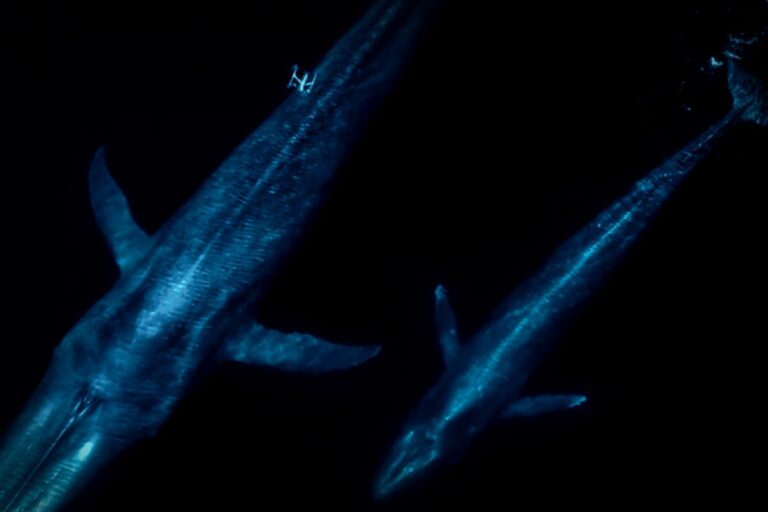Mercury is no joke; it’s a nasty element that can wreak havoc on our nervous, digestive, and immune systems, as explained by the World Health Organization.
According to a new report from NPR, there’s troubling news bubbling up from North Carolina. Scientists have noticed a spike in mercury levels connected to an aggressive kind of algae that’s been on the loose.
What’s the Situation?
At North Carolina’s beaches, this troublesome algae—Gracilaria vermiculophylla—is making waves. Its long and tangled nature isn’t just visually unappealing; it also strangles local plant life and can severely damage grass and marsh areas, as detailed by the Non-Native Species Secretariat.
These algal mats formed by the tangled strands block sunlight and oxygen, creating low oxygen environments that encourage the growth of tiny microbes responsible for producing methylmercury. Coastal biologist Byron Toothman tested mercury concentrations in Eastern mud snails residing near these algae versus those further away. His findings revealed a stark increase: “Those snails closest to the algae had around two to three times more mercury in their systems,” he told NPR.
It’s not just snails either; shrimp and oysters show similar increases in mercury levels, putting everyone on alert about the potential human health risks.
Watch Now: Is This Everyday Bathroom Item Making You Sick?
The Issue with Invasive Species
A study in the Journal of Preventive Medicine & Public Health clearly shows that inorganic mercury, once dispersed in our environment, makes its way into fresh and salt water, goes through the food chain, and eventually affects human health.
Invasive plants like Gracilaria vermiculophylla pose a serious threat because they can easily outcompete native plants for resources, upsetting the natural balance of local ecosystems.
What’s Being Done to Combat This Invasive Algae?
Once invasive species set up shop in a new environment, removing them isn’t easy. One promising approach to protect our native species is by encouraging the growth of local plants. These can create favorable habitats for native animals and insects, helping to conserve natural resources, protect our food supply, and limit disease spread.
Gracilaria vermiculophylla is notorious for hitching rides on boats, making it imperative for boat owners to take precautions by checking their vessels for clumps of this invasive algae and ensuring they dry out completely after use to prevent further spread.

Don’t miss out on the latest good news and helpful tips—subscribe to our free newsletter, and check out this awesome list of easy ways to contribute to a healthier planet.
Scientists issue urgent warning over troubling phenomenon that could poison food supply: ‘Affects human health’ first appeared on The Cool Down.




















